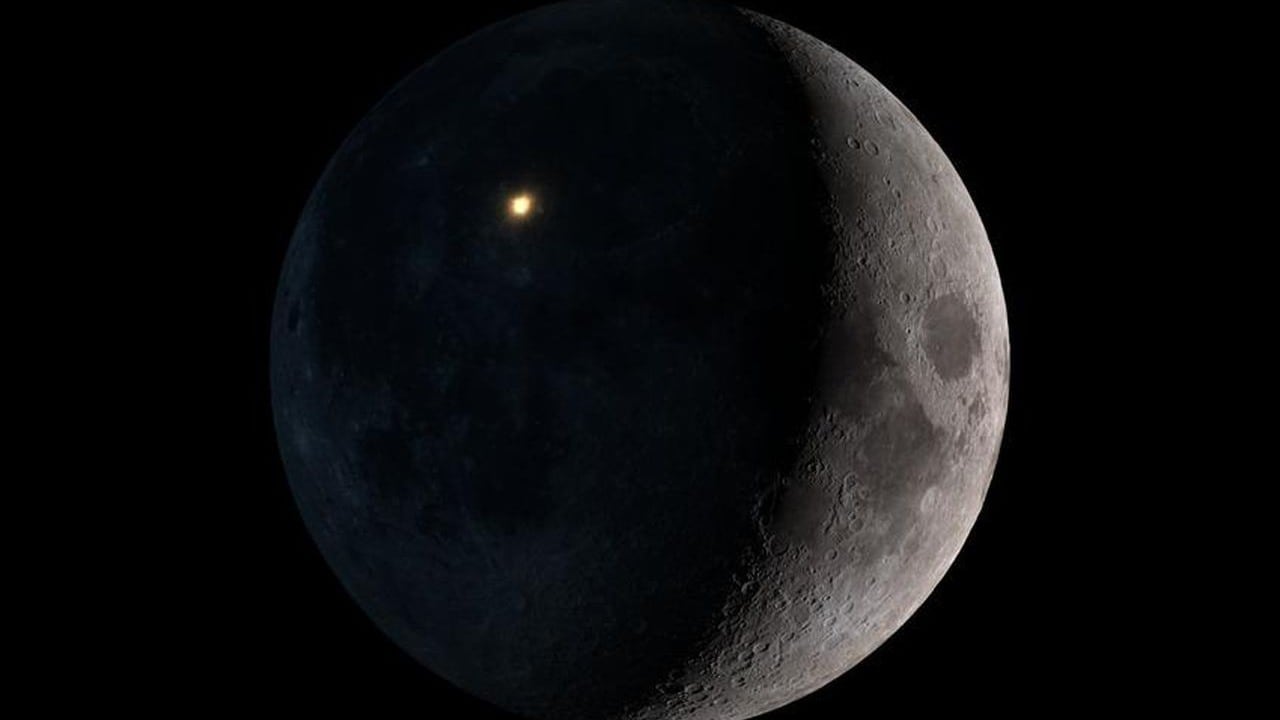STRANGE FLASHES OF LIGHT ON THE MOON’S SURFACE TO BE STUDIED IN AI TELESCOPE PROJECT

Artist's conception of the March 2013 lunar impact as seen from Earth. Image: NASA'S Scientific Visualization Studio
For a while now, astronomers with their telescopes pointed at the Moon have noticed short flashes of light, multiple times a week on the Moon's surface. The flashes seemed to begin, light up a part of the moon's landscape and die off in a matter of seconds. Other times, it's the exact opposite: the surface grows darker in a small region than the rest of the Moon very briefly.
Oddly, this phenomena has been observed on-and-off by astronomers for over 60 years, but without an explanation for it. A team of researchers from the Julius-Maximilians-Universitat Wurzburg (JMU) in Bavaria, Germany decided they've had enough of the mystery — they're decoding the strange, regular flashes with the hope of finding what's causing the "transient lunar phenomena".
The team has built a special telescope for the task that uses artificial intelligence (AI) to autonomously watch for and pick up on the light flashes.
The telescope collects video and photographs whenever it picks up on a flash of light, which will then be studied by scientists to decode the underlying cause. The team is planning to upgrade it soon with a neural network that can also filter out false positives, like birds and airplanes, from actual flashes from the lunar surface.
For now, researchers do have some ideas about what could be causing them.
One of the causes could be the Moon's seismic activity, Hakan Kayal, professor of space technology at JMU, told Metro. "When the surface moves, gases that reflect sunlight could escape from the interior of the moon. This would explain the luminous phenomena, some of which last for hours."
However, the brief flashes that only last minutes or seconds are less understood. The leading theory for these shorter flashes is meteorite impacts.
"Such flashes could also occur when electrically charged particles of the solar wind react with moon dust," Kayal told Metro.
Comments
Post a Comment